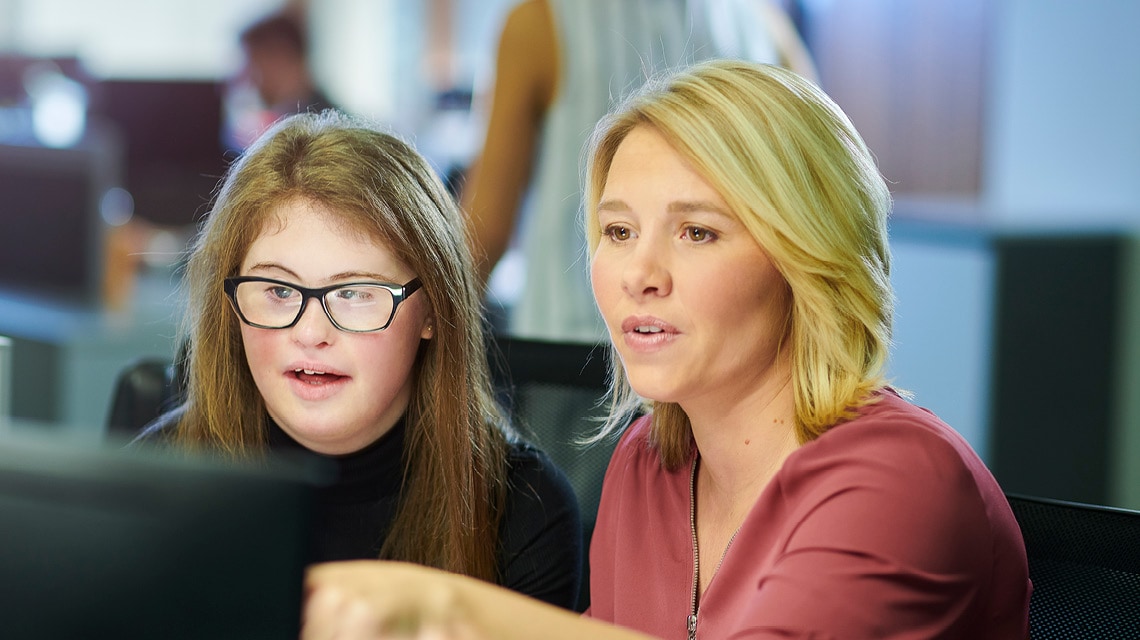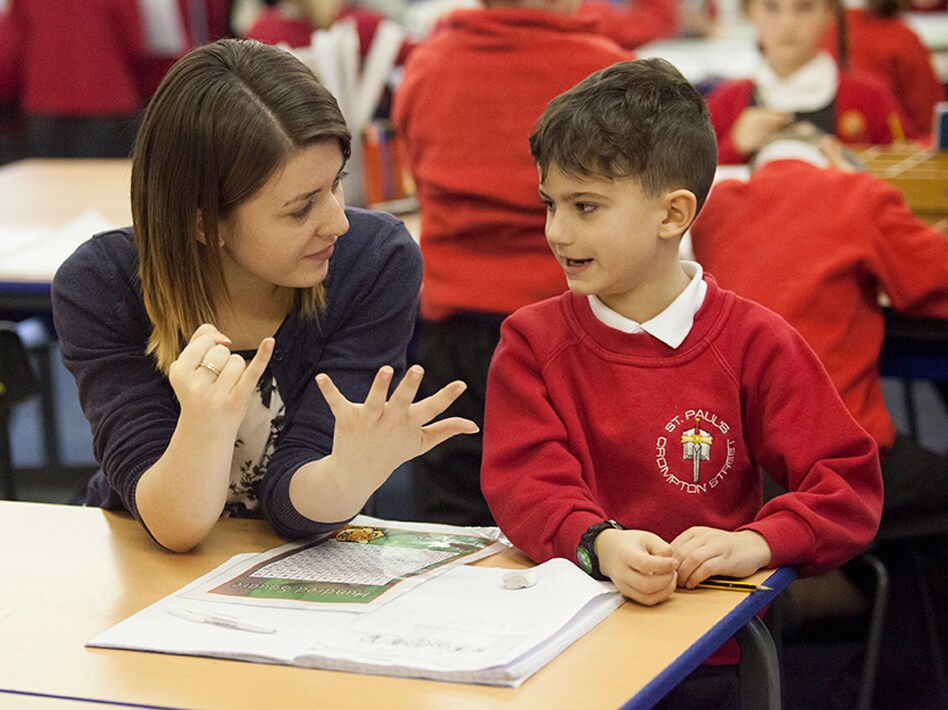On 7 April 2015, we published our new, draft specification for Edexcel History GCSE, to be taught in schools from September 2016.
Pearson will be offering a single, unified specification, designed to offer maximum topic choice and flexibility for teachers across three exam papers.
The new course will include topics that teachers will know and recognise to choose from, such as ‘Russia and the Soviet Union (1917-41)’, ‘Weimar and Nazi Germany (1918-39) and ‘The American West, c1835-c1895’, as well as new topics, including:
- Spain and the ‘New World’ (1490-1555)
- British America: Empire and Revolution (1713-83)
- Conflict in the Middle East (1945-95)
- The reigns of King Richard I and King John (1189-1216).
The new requirement for a study of the ‘historic environment’ has been embedded within the thematic studies paper, so teachers can choose from:
- Victorian London’s East End, under ‘Whitechapel: crime and policing (1870-1900)’ in the Crime and Punishment through time thematic study
- Conditions in which the British wounded were cared for on the Western Front, under ‘The British sector of the Western Front: surgery and treatment (1914-18)’ in the Medicine through time thematic study
- Life in London during the Blitz, under ‘London and the Second World War (1939-45)’ in the Warfare through time thematic study.










